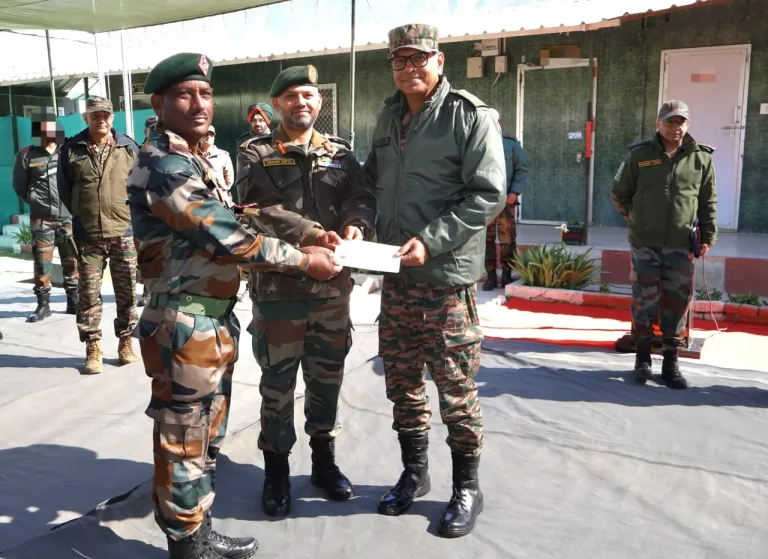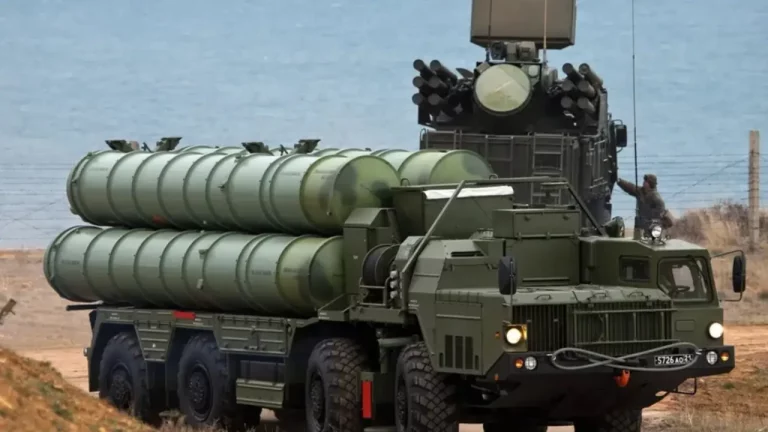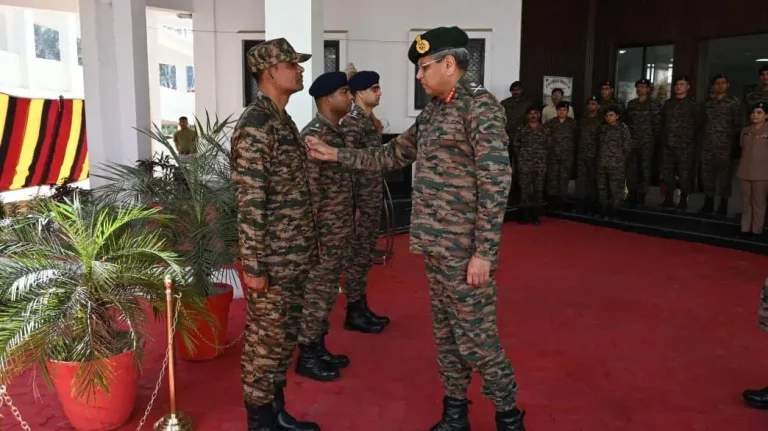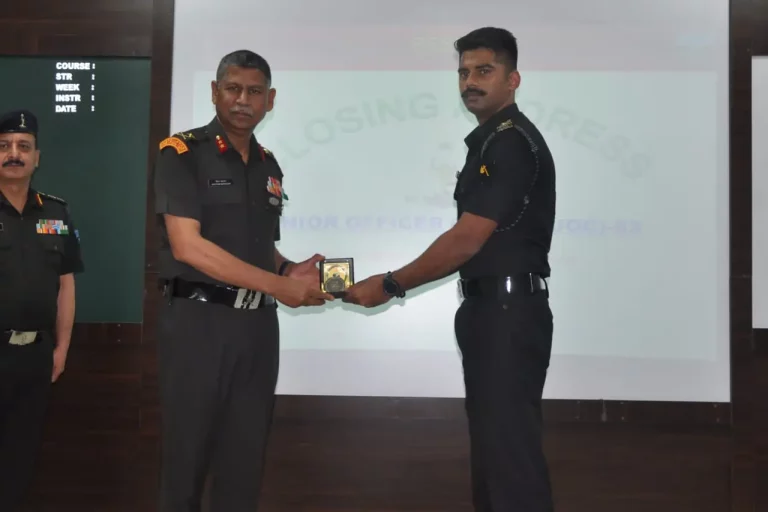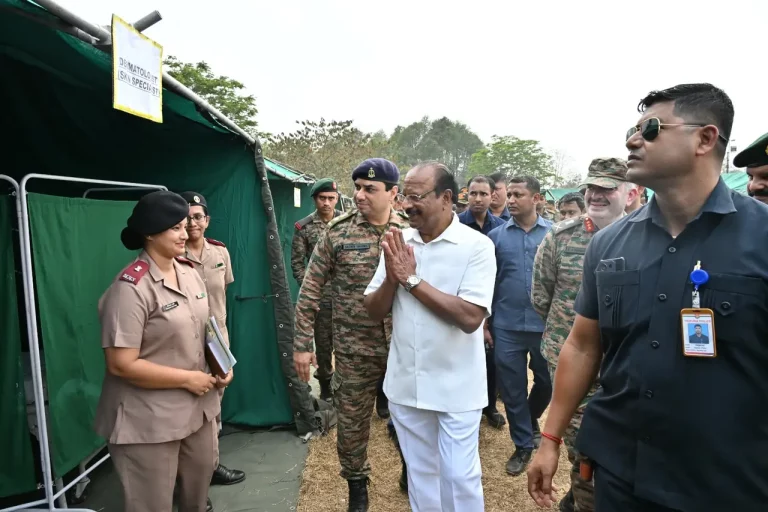In a significant visit amid rising regional tensions, Defence Minister Rajnath Singh arrived in Srinagar to meet with Indian Army personnel and review the outcomes of Operation Sindoor, a major cross-border military initiative aimed at dismantling terrorist infrastructure. Singh was welcomed at the airport by Army Chief General Upendra Dwivedi, and their public greeting in front of a military aircraft underscored the importance of the recent developments.
This visit is a direct response to the Pahalgam terror attack that occurred on April 22, resulting in the deaths of 26 individuals and attributed to the terrorist organization Lashkar-e-Taiba, under the leadership of Hafiz Saeed. In retaliation, the Indian Armed Forces initiated Operation Sindoor on May 14, executing precision missile strikes on nine terrorist camps situated across Pakistan and Pakistan-occupied Kashmir (PoK).
Operation Sindoor marked an escalation in India’s counter-terror strategy, with 24 precision missiles targeting facilities associated with banned groups, including Jaish-e-Mohammed, Lashkar-e-Taiba, and Hizbul Mujahideen. Noteworthy targets in this operation included Markaz Subhan Allah in Bahawalpur and Syedna Bilal Camp in Muzaffarabad. Among the nine neutralized terror hideouts, four were located within Pakistan, while five were situated in PoK, sending a strong message regarding India’s commitment to countering cross-border terrorism.
General Upendra Dwivedi, who assumed the role of the 30th Chief of Army Staff in June 2024, has been pivotal in the modernization of the Indian Army. He emphasizes indigenous defense production as part of the Atmanirbhar Bharat initiative, while also prioritizing infrastructure development and nation-building in Jammu, Kashmir, and Ladakh—an effort that enhances strategic preparedness during these tumultuous times.
During his Srinagar visit, Defence Minister Singh engaged in discussions with senior military commanders from the Army, Air Force, and Navy, emphasizing a unified approach to national security. Reports suggest that Singh evaluated the operational outcomes of Operation Sindoor and deliberated on further strategic measures, aligning with directives from the Cabinet Committee on Security, led by Prime Minister Narendra Modi.
In the aftermath of the missile strikes, Pakistan has reportedly amplified its ceasefire violations along the Line of Control, prompting Indian forces to remain in a heightened state of alert. The Defence Ministry reiterated that India is committed to decisively responding to any threats against its sovereignty and citizens’ safety.
With diplomatic pathways strained and military readiness intensified, India’s firm stance signifies a new chapter in its counter-terror doctrine—one where strategic restraint is increasingly complemented by prompt, targeted military action.

